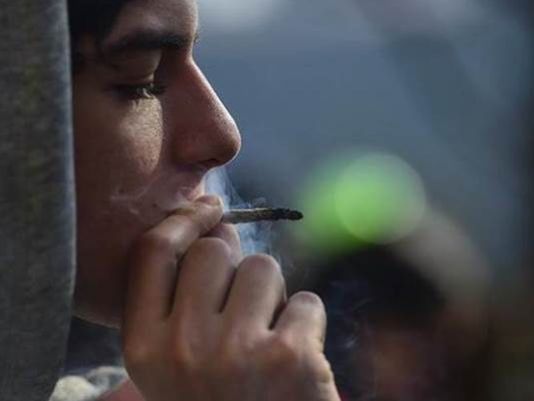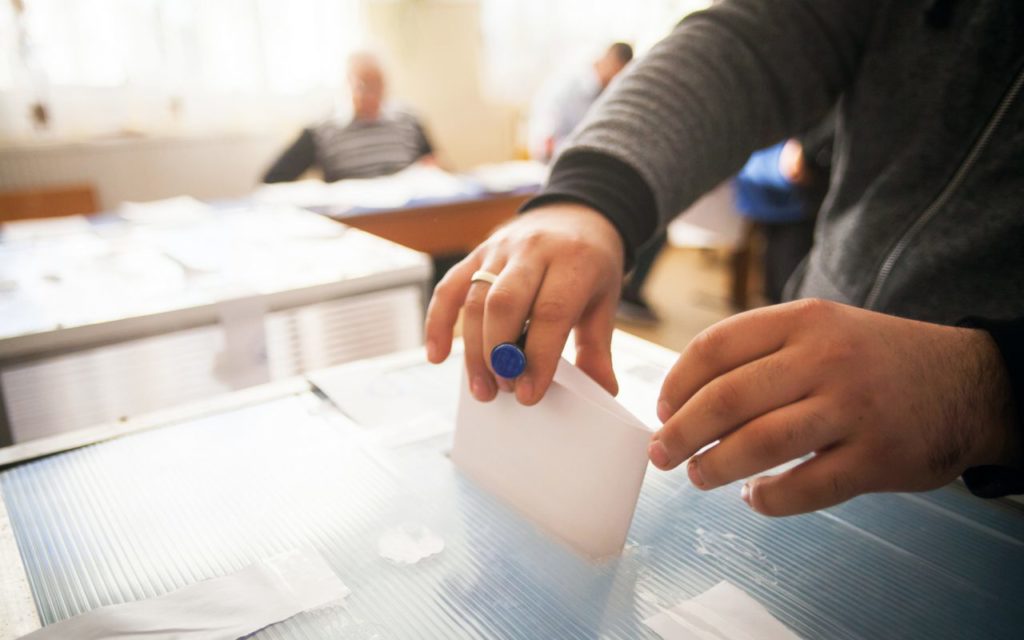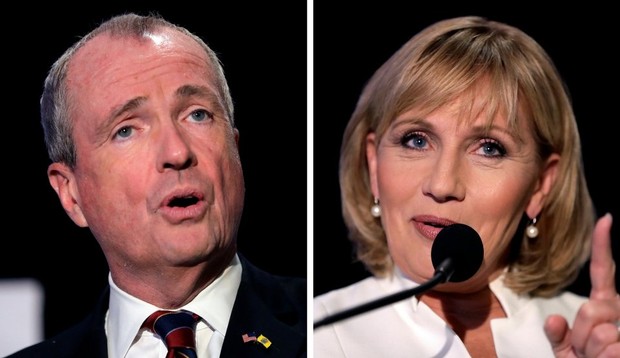Though a vote won’t be held for more than seven months, a Senate committee Monday heard testimony for five hours about the prospects for legalizing marijuana in New Jersey.
There were far more supporters of the bill at the hearing than opponents – though some of those who testified noted their support, then suggested changes or voiced concerns.
Among them was Ken Wolski, executive director of the Coalition for Medical Marijuana, who said he hopes the legislation adds conditions under which public use of marijuana would be allowed.
Wolski said that banning public use and limiting the marijuana consumption to private homes “just penalizes people for being poor.” For instance, homeless people would have nowhere to smoke it. People in subsidized housing could be kicked out for doing it.
“We believe that marijuana smoking should be allowed anywhere that cigarette smoking is allowed, for example and that it would cease to penalize people simply for being poor and for having no private area that they can use,” Wolski said.
Senator Nicholas Scutari, D-Union, the idea’s chief proponent in the Legislature, said he’s willing to discuss options.
“That’s an area that we’ve wrestled with and perhaps there’s a middle ground to allow it in terms of ingestion publicly but not smoking publicly, perhaps smoking in a licensed facility when people do not have homes that qualify as private residences,” he said. “It’s an area that we’re open-minded to listen.”
Sen. Raymond Lesniak, D-Union, cautioned that public use could cause the bill problems. He used to oppose marijuana legalization but says he’s now 85 percent in favor.
“Amending your bill to allow public use of marijuana would be a big mistake, jeopardize its passage and I think a big mistake from a public policy standpoint for our state,” Lesniak said.
Lesniak is retiring from the Senate in January and won’t still be a lawmaker when it’s likely to be voted upon next year.
Given that Gov. Chris Christie is a staunch opponent, the Legislature isn’t planning to vote until next year. Senate President Stephen Sweeney, D-Gloucester, said he’s “a thousand percent” behind the concept of legalizing marijuana and that it would be posted by a vote by March.
“And it’s not just about taxes. Everyone says, ‘Oh, you’re just looking at a way to raise taxes.’ It’s about jobs,” Sweeney said.
The major-party candidates for governor disagree on marijuana legalization. Democratic nominee Phil Murphy is in favor, while Republican Lt. Gov. Kim Guadagno opposed legalization but said she supports decriminalization of possessing small amounts of marijuana.
Jon-Henry “J.H.” Barr, municipal prosecutor in Clark and secretary of the New Jersey State Municipal Prosecutors’ Association, said marijuana legalization should be a Republican issue and hopes its passage is bipartisan.
“The war on marijuana is a government program that does not work and is not necessary. I’m not here today in spite of being a Republican. I’m here today because I am a Republican,” Barr said.
Not everyone in the Senate is sold, but Scutari said he wanted to start hearings to learn his colleagues’ concerns and try to address them.
Conservatives like Senator Gerald Cardinale, R-Bergen, who said a Harvard University study shows marijuana use can cause brain damage, are unlikely to ever go along.
“The mere passage of this bill will encourage the public to believe that marijuana use is not harmful. It will encourage the increased use of marijuana,” Cardinale said.
But liberals such as Sen. Nia Gill, D-Essex, who supports legalizing marijuana, raised social-justice concerns. She said that when it was legalized in Colorado, marijuana arrests of white teens dropped 8 percent in two years while rising 58 percent for black teens and 29 percent for Hispanics.
“Policing didn’t change. It simply moved to the black and Latino youth,” Gill said.
Organizations such as the American Civil Liberties Union, the National Association for the Advancement of Colored People and Latino advocacy groups spoke in support of the plan, in part because marijuana arrests currently disproportionately impact minorities.
“I do agree that marijuana is a gateway drug and has fatal consequences. But it’s a gateway to blacks into the criminal justice system and it destroys lives of people of color and its destroyed communities,” said the Rev. Charles Boyer, pastor of Bethel AME Church in Woodbury.
Among the cautionary notes struck at Monday’s hearing was a call to consider traffic safety.
Cathleen Lewis, director of public affairs and government relations for AAA New Jersey, said there has been a significant increase in drugged driving and marijuana-involved fatal crashes nationally, but especially in states where marijuana has been legalized.
Lewis said that in Washington, there was a large increase in the usage of marijuana prior to a fatal car crash after the drug was legalized in that state. One in six drivers involved in fatal crashes had recently used marijuana, though she said there isn’t evidence to prove that caused the accidents.
“We know that marijuana increases after states legalize recreational use, and we know that people drive after using it. We also know that unfortunately, they think they can drive better,” said Lewis, who said there needs to be better detection methods and an education campaign if they idea moves forward.
credit:nj1015.com













